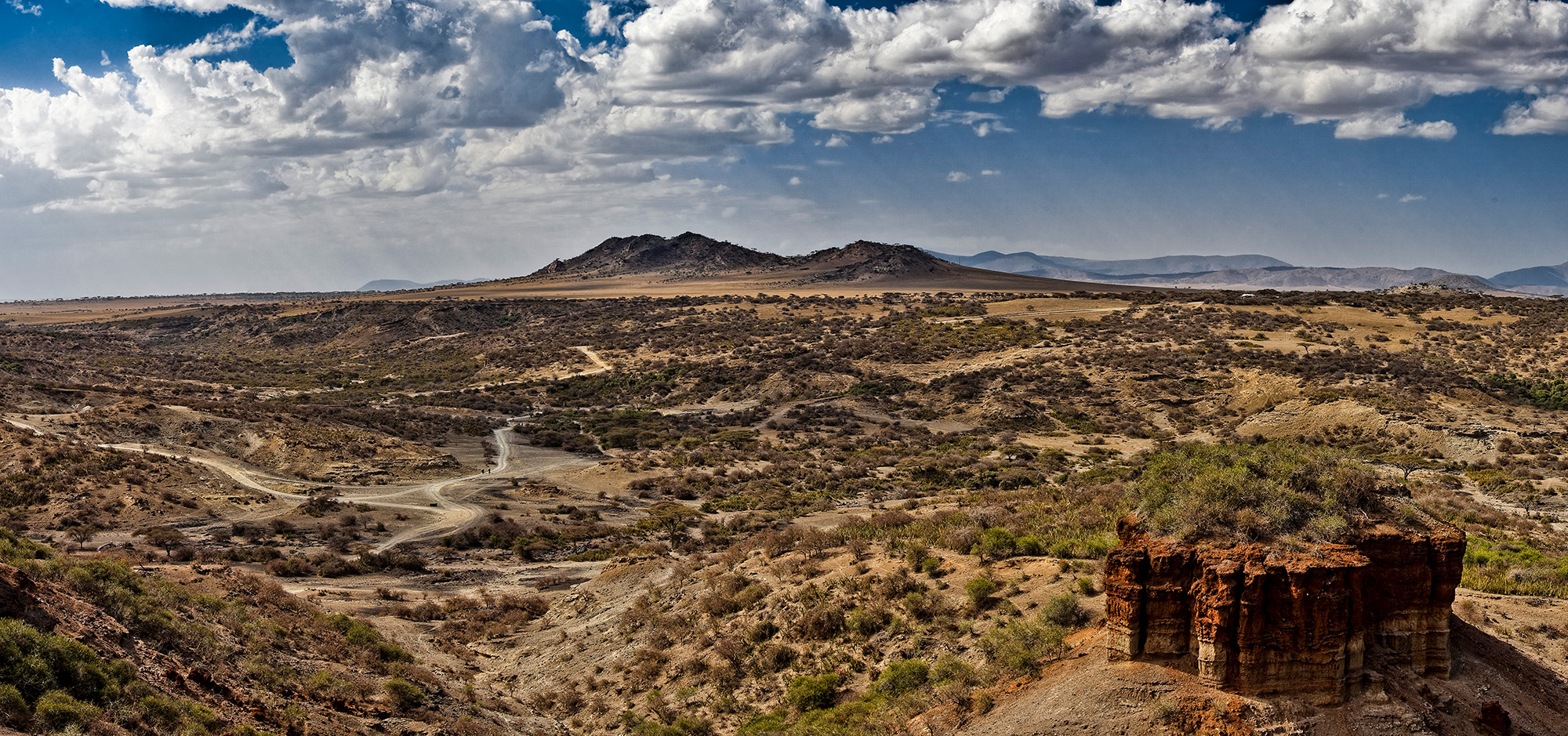"Informed AI News" is an publications aggregation platform, ensuring you only gain the most valuable information, to eliminate information asymmetry and break through the limits of information cocoons. Find out more >>
Expanding the Search for Human Fossils: Beyond the Rift Valley
- summary
- score

Early human fossils primarily come from a small region of Africa—the East African Rift Valley. This area, which constitutes just 1% of the continent, has preserved numerous fossils, aiding scientists in reconstructing human evolution. However, this focus may overlook essential details.
A recent study by Andrew Barr and Bernard Wood at George Washington University underscores this bias. They compared the habitats of modern mammals in the Rift with those across Africa. They found that the Rift is home to only a fraction of the species.
Using modern primate skulls, they also demonstrated that the Rift's samples represent less than half of Africa's total variation. This indicates that our understanding of ancient humans is skewed.
Barr and Wood advocate for more extensive archaeological research. They encourage looking beyond the Rift to discover new fossil sites. This could help fill in the gaps in our knowledge of where and how early humans lived.
In essence, our understanding of human evolution is incomplete. By broadening our search, we might uncover a more detailed narrative of our past.
| Scores | Value | Explanation |
|---|---|---|
| Objectivity | 6 | Comprehensive reporting and in-depth analysis. |
| Social Impact | 4 | Influences some public opinion on human evolution. |
| Credibility | 5 | Solid evidence from authoritative sources. |
| Potential | 5 | Almost certain to trigger a larger event in archaeology. |
| Practicality | 4 | Directly applicable to real archaeological problems. |
| Entertainment Value | 3 | Can attract a portion of the audience interested in science. |